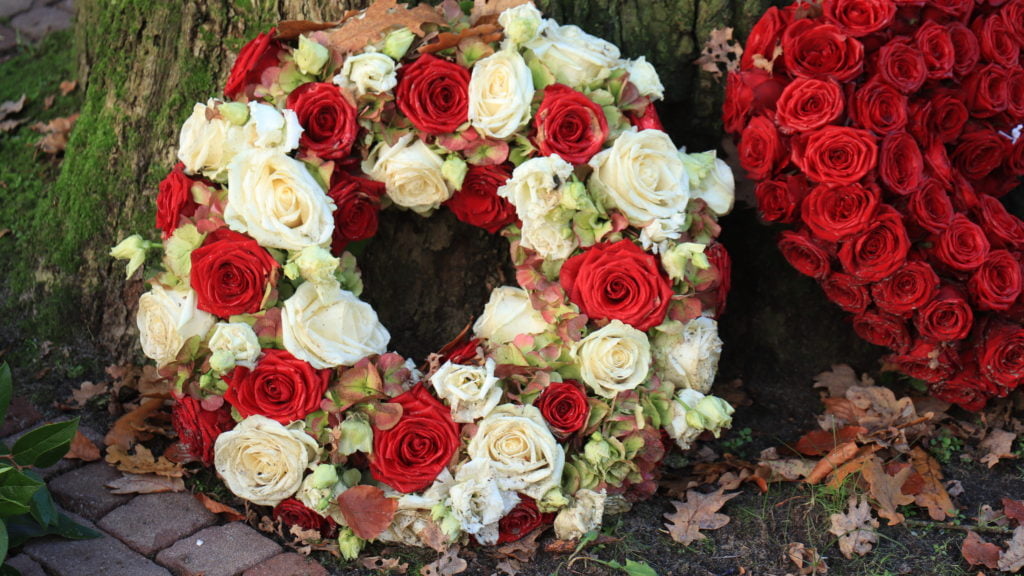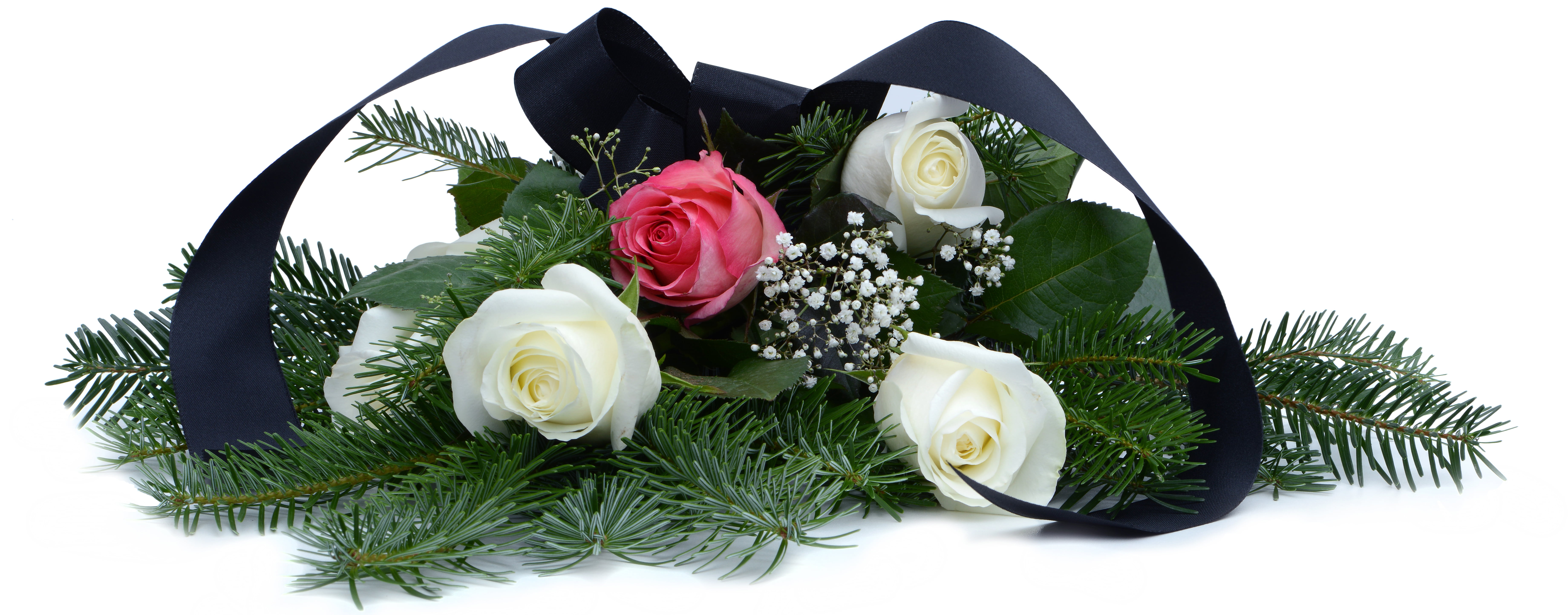
Sympathy bouquets are a universal expression of care, sympathy, concern and hope for healing for those who have recently lost a loved one. Those who receive sympathy bouquets appreciate such gestures and may feel as if they aren’t completely isolated during the grieving process. Here are times when you should send a sympathy bouquet:
- Upon Receiving the News
When you initially hear about the passing on of a loved one, you can send a sympathy bouquet to the remaining family or friends. This gesture communicates that you have received the news and share in the sorrow that accompanies it. You need not wait for the memorial to express your sympathy with memorial flowers. If you are in close vicinity to those that are grieving, it’s best that you collect and give the flowers in person so that you can express your condolences in a comforting manner.
- When a Shrine is Set Up
Depending on how the loved one passed on or the culture you are a part of, a shrine can be set up to mark the sombre event. For example, if one passed on as a result of a car accident, a shrine can be made at the place that the accident occurred. Shrines are usually made up on flowers, cards, stuffed animals, candles and any sentimental gifts regarding the deceased. You can send a sympathy bouquet by a flower delivery service and add to the shrine that is displayed.
- Funeral Service
You can arrive at a funeral service with a sympathy bouquet. These flowers can be placed in the flower corner, or you can hand the grieving at the service. You might not have the chance to interact with the grieving, so you can write a note and leave the bouquet for when they will be ready to collect these.
- After-Funeral Gathering
Depending on beliefs and cultural practices, there may be a gathering at the home of the deceased after the funeral. These gatherings can be in the form of a lunch, a bring-and-share, or a comfort session. You can send a sympathy bouquet together with your platter or food contribution to the gathering.
- Memorial Service
When you are invited to the memorial service, you can send memorial flowers to show that you are still involved in the process long after the death occurred. You can have your flowers as a part of the memorial shrine or you can decide to gift the family or friends of the deceased.
- Follow-Up
Long after the funeral processes are over, following up to find out how the bereaved are coping, is a wonderful gesture. You can organise with a flower delivery service to get these to their home together with a gift that may help alleviate stress, and follow up with a phone call to check in on their well-being. You can also visit the house with flowers in hand. The element of surprise will be appreciated and it shows that despite you having your busy schedule, you took time out to show concern and care.
- Anniversary
When the death anniversary occurs, you can send a sympathy bouquet to the home. You can also get creative and arrange for flowers to be displayed and arranged in the garden or balcony—any space that is available for a flower display. This gesture is thoughtful and contributes to the celebration of the deceased’s life.

- Gravesite Visit
If you are invited to a gravesite visit by family members, you should get a sympathy bouquet with you. The flowers can then be placed on the gravesite meaning you would have contributed to the meaningful grave visit for the family members. You can also get a bouquet which the family will be able to take home and display.
- When One Suffers a Miscarriage
A miscarriage is a loss greatly felt by the parents who had been expecting a new bundle of joy. If one shares with you that they have experienced a miscarriage, you should send a sympathy bouquet. Although you didn’t get the chance to meet their child, they experienced their child’s life and death. A sympathy bouquet will show that you care for their experience and wish them well.
The same applies to parents who have experienced a still birth. The few seconds that they had to hold their baby are seconds that they will forever cherish and grieve. A sympathy bouquet will communicate that you are with them in thought during the difficult time.
Conclusion
A sympathy bouquet can be sent when you initially hear about the death of a loved one and send your condolences. If a memorial shrine is set up, at the funeral service and after-funeral home gathering, when you follow up, at the memorial service, a gravesite visit, and when parents experience a miscarriage or stillbirth. The universal emotive communication of flowers is greatly appreciated across the globe.








